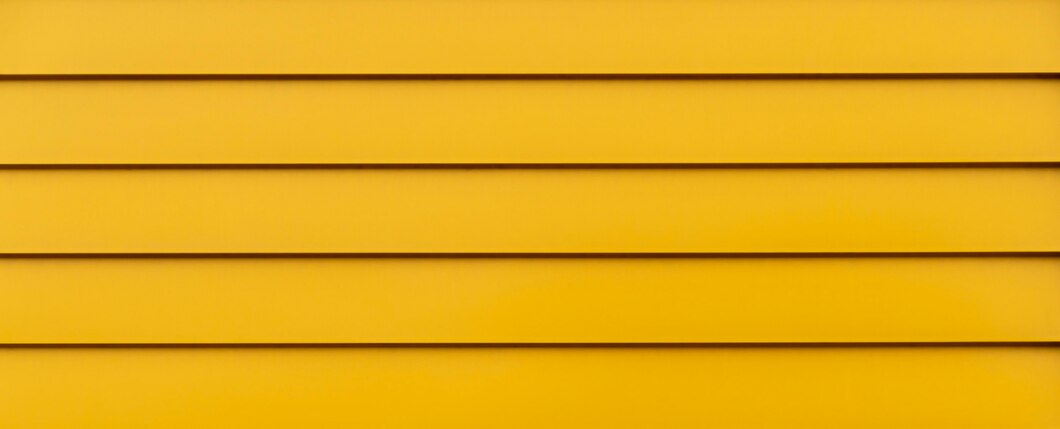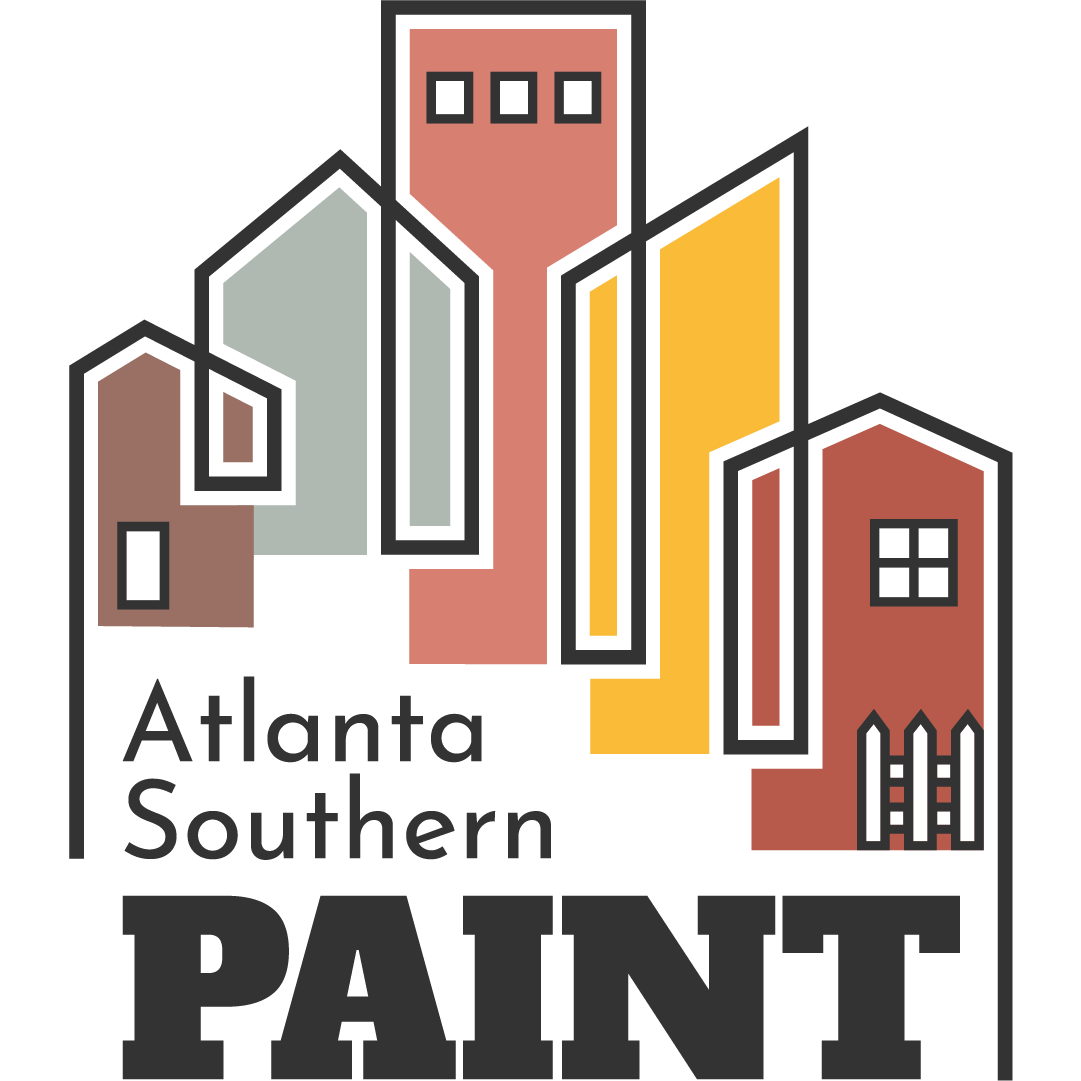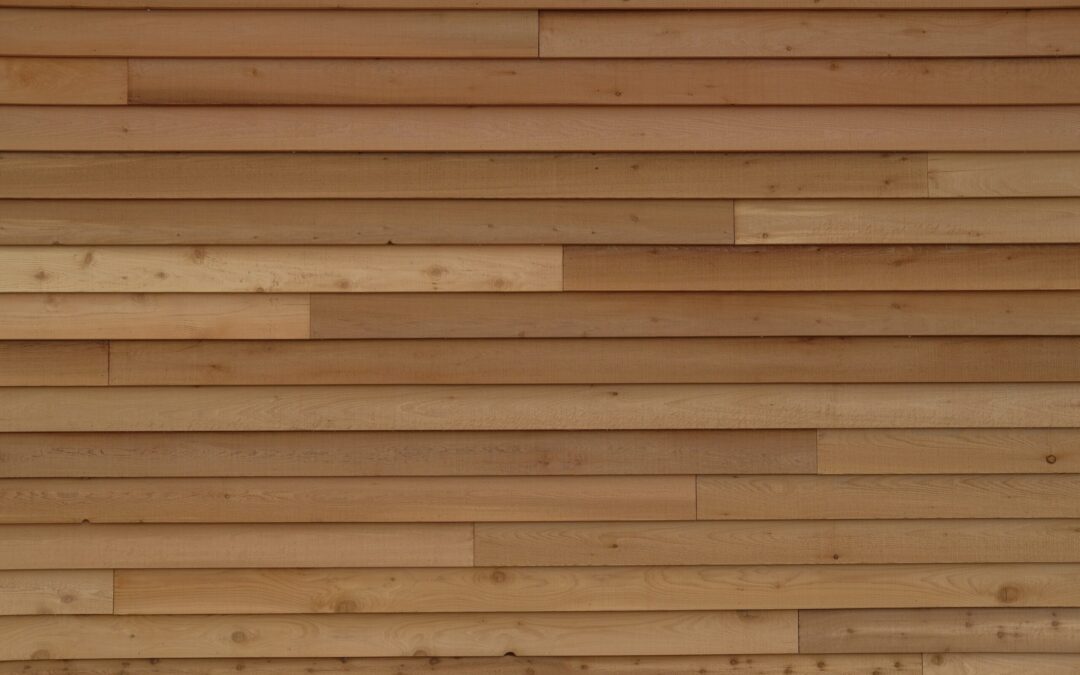Have you ever wondered how Atlanta’s dynamic climate affects your home’s siding? Siding installation and repair in Atlanta is not just about aesthetics; it’s about safeguarding your home against the diverse weather conditions that this vibrant city experiences. Atlanta’s humidity, scorching summers, and occasional storms can take a toll on your siding, potentially compromising your home’s integrity. In this blog, we’ll delve into the importance of siding, explore the unique challenges posed by Atlanta’s climate, and guide you on how to enhance your home’s durability and curb appeal through expert siding installation and repair. Discover the key to a resilient and beautiful home in the heart of Atlanta.
What is Siding Installation and Repair?
Siding installation and repair involve the process of applying, replacing, or maintaining the protective cladding on the exterior walls of your Atlanta home. Siding serves as a shield against the elements, including harsh weather conditions, moisture, and pests. It not only enhances your home’s aesthetic appeal but also plays a crucial role in preserving its structural integrity. Whether you’re considering a fresh siding installation or addressing existing issues, understanding the fundamentals of this practice is vital to ensure your home remains both attractive and resilient in the face of Atlanta’s diverse climate.
Types of Siding Materials
Selecting the right siding material is crucial for Atlanta homes, affecting their appearance, durability, and resilience to climate challenges. This article explores five common siding materials and their benefits, assisting in making informed decisions for your Atlanta home.
Vinyl Siding
- Pros: Vinyl siding is a popular choice due to its affordability and low maintenance. It’s resistant to rot, insect damage, and doesn’t require painting.
- Cons: Over time, vinyl may fade or become brittle, especially in the face of Atlanta’s fluctuating temperatures.
Wood Siding
- Pros: Wood siding exudes natural beauty and timeless elegance. It can be customized with various finishes and stains, allowing for a unique aesthetic.
- Cons: Wood requires regular maintenance, including staining or painting. It’s also vulnerable to moisture and insect infestations, which are common in Atlanta’s humid climate.
Fiber Cement Siding
- Pros: Fiber cement offers the appearance of wood with exceptional durability. It’s resistant to fire, insects, and rot and requires minimal upkeep.
- Cons: Installation can be labor-intensive, and occasional repainting may be necessary.
Stucco Siding
- Pros: Stucco siding provides a distinctive, textured look and offers durability. It also acts as an excellent insulator, aiding in energy efficiency.
- Cons: Over time, stucco may develop cracks that can be challenging to repair, making proper maintenance essential.
Brick Siding
- Pros: Brick siding boasts exceptional durability, fire resistance, and minimal maintenance requirements. It adds a classic, enduring appeal to your home.
- Cons: It tends to be pricier than other options, and the installation process can be labor-intensive.
Choosing the Right Siding Material for Atlanta
The choice of siding material should align with your budget, maintenance preferences, and desired aesthetic. Consider Atlanta’s climate, which experiences humidity, extreme temperatures, and occasional storms. Materials like vinyl, fiber cement, and stucco tend to perform well in this environment due to their resistance to moisture and pests. However, proper installation and regular maintenance are crucial, regardless of the material chosen.
To ensure you make the best decision for your Atlanta home, consult with a professional siding installer who understands the specific challenges posed by the city’s climate. By selecting the right siding material, you’ll not only enhance your home’s integrity but also its overall appeal, making it a more comfortable and valuable place to live in the heart of Atlanta.

Siding Installation Process
When it comes to siding installation in Atlanta, understanding the process is crucial to ensure the longevity and effectiveness of your home’s protective covering. Here, we’ll walk you through the key steps involved in the siding installation process, from deciding whether to hire a professional to quality assurance and inspection.
Hiring a Professional vs. DIY
The first decision you’ll face is whether to embark on a DIY siding installation or enlist the services of a professional contractor. While DIY projects can be cost-effective, siding installation is a complex task that requires expertise. Professionals bring experience, knowledge, and the right tools to the table, ensuring a precise and efficient installation that minimizes the risk of errors.
Pre-Installation Preparation
Before the actual siding installation begins, several crucial preparatory steps must be taken:
- Inspection and Repairs: A thorough inspection of your home’s exterior is essential. Any existing issues, such as rot, mold, or structural damage, should be addressed before new siding is installed. This ensures that the underlying structure is sound and provides a solid foundation for the new siding.
- Permits and Regulations: Depending on your location and the scope of your siding project, you may need permits or approvals from local authorities. Compliance with building codes and regulations is crucial to avoid future complications.
Installation Steps
Once the preparation is complete, the actual siding installation can commence. This process typically involves several key steps:
- Removal of Old Siding: If your home has existing siding, it must be carefully removed. This step exposes the underlying structure, allowing for inspection and any necessary repairs.
- Installation of Moisture Barriers: Moisture barriers, such as house wraps, are installed to prevent water infiltration behind the siding. This is a critical step, particularly in Atlanta’s humid climate, as it helps protect against moisture-related issues like rot and mold.
- Siding Application Techniques: Depending on the chosen siding material, installation techniques will vary. Professionals will apply the siding with precision, ensuring proper alignment and secure attachment. This step is essential for both aesthetics and protection.
- Trimming and Finishing: Properly trimming and finishing the siding is vital for a polished look. Corners, edges, and seams should be expertly handled to ensure a seamless appearance.
Quality Assurance and Inspection
After the siding installation is complete, a thorough quality assurance and inspection process is essential. This step involves checking for any defects, ensuring that all components are correctly installed, and verifying that the siding aligns with the intended design. It’s a final checkpoint to guarantee that your siding is not only visually appealing but also functional and capable of protecting your home against Atlanta’s variable weather conditions.

Common Siding Problems in Atlanta
When it comes to siding installation and repair in Atlanta, it’s essential to be aware of the unique challenges posed by the city’s climate. Atlanta’s weather can be quite demanding on your home’s exterior, and if left unaddressed, these issues can lead to costly repairs. Here are some common siding problems in Atlanta, why they occur, and the importance of addressing them promptly.
Impact of Atlanta’s Climate
- Moisture and Humidity: Atlanta’s humid subtropical climate means that moisture is a constant presence. Excessive humidity can lead to moisture infiltration, causing rot, mold, and mildew to develop within your siding. This not only compromises the siding’s integrity but can also pose health risks to your household.
- Extreme Temperatures: Atlanta experiences hot and humid summers, as well as occasional cold snaps during the winter months. These temperature fluctuations can cause your siding to expand and contract, leading to warping and cracks over time.
- Storm Damage: Atlanta is no stranger to severe weather, including thunderstorms and hurricanes. High winds, hail, and flying debris during these storms can cause significant damage to your siding, leaving it vulnerable to further issues.
Signs of Siding Damage
- Mold and Mildew: The high humidity levels in Atlanta create a breeding ground for mold and mildew. If you notice dark, discolored spots or a musty odor on your siding, it’s a clear sign of moisture infiltration and potential mold growth.
- Warping and Cracking: Temperature fluctuations and moisture exposure can cause your siding to warp and develop cracks. These imperfections not only affect your home’s appearance but also compromise its ability to protect against the elements.
- Fading and Peeling: Atlanta’s intense sunlight can lead to the fading of siding colors over time. Additionally, poor-quality or improperly applied paint can result in peeling and blistering, leaving your home vulnerable to further damage.
Importance of Timely Repairs
Timely siding repairs are crucial to maintaining your home’s integrity. Ignoring these problems can lead to more extensive damage and increased repair costs down the road. Furthermore, damaged siding can compromise your home’s insulation and energy efficiency, leading to higher utility bills.Promptly addressing siding issues not only preserves a home’s structural soundness but also maintains its appearance. This can involve replacing damaged sections, repainting, or implementing preventive measures. Understanding common siding challenges is crucial for Atlanta homeowners.

Maintenance Tips
Siding installation and repair in Atlanta are not complete without proper maintenance. To keep your home’s exterior looking great and functioning effectively, consider these five essential maintenance tips:
- Regular Cleaning: Atlanta’s climate can accumulate dirt, pollen, and mildew on siding. Regularly wash with a garden hose, soft brush, and mild detergent, or use a pressure washer cautiously.
- Inspect for Damage: Regularly inspect your siding for signs of damage, such as cracks, holes, or looseness, and promptly address any issues to prevent further damage.
- Paint and Seal: Properly paint or stain wood or fiber cement siding to enhance its appearance and protect against moisture and UV damage, and reapply as needed to maintain its finish.
- Trim Overhanging Trees: Atlanta’s lush vegetation can cause overhanging branches to scrape or damage siding, so it’s recommended to trim back trees and shrubs to avoid potential harm.
- Address Mold and Mildew:Atlanta’s humidity can cause mold and mildew growth on siding. Use water and vinegar or a cleaner, and improve ventilation to prevent regrowth.
Siding installation and repair in Atlanta are paramount for safeguarding your home against the city’s unique climate challenges. As we’ve seen, siding not only enhances your home’s curb appeal but also plays a crucial role in maintaining its structural integrity. Key takeaways for Atlanta homeowners include choosing the right siding material, regular maintenance, and prompt repairs when needed. Investing in quality siding is an investment in the long-term health and beauty of your home. For expert advice and assistance with your siding needs, don’t hesitate to contact us. Your Atlanta home deserves the best.


nictitant xyandanxvurulmus.4dwjSyz014o1
ladesbet blowjob ਪੋਰਨੋਗ੍ਰਾਫੀ ladesinemi.eV6d1pfeSFy
ladesbet アジアのポルノ ladestinemi.ZMtru8wY3JT